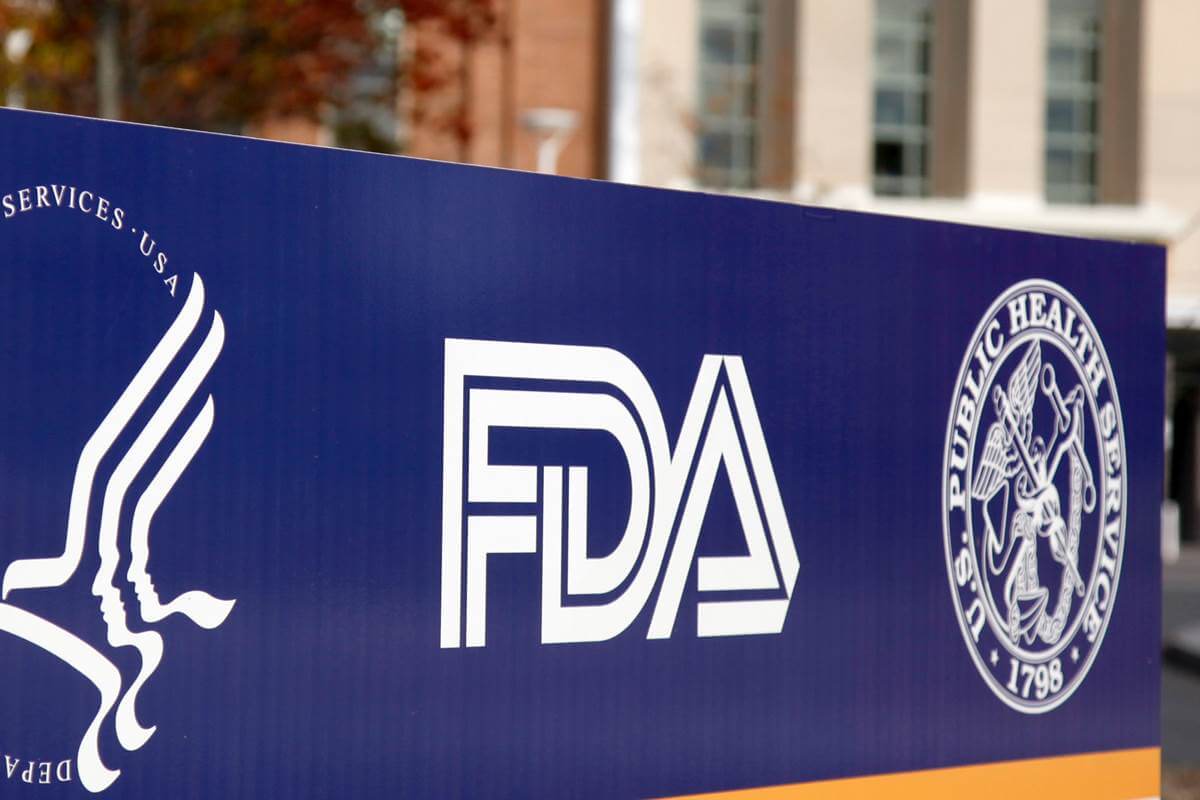The FDA has an important and challenging job to do – protect consumers from dangerous products and medications without stifling advances in healthcare and medicine. After a string of recent food recalls, many people are wondering why it takes so long for the FDA to issue recalls.
General Mills and Golden Medal were both subject to widespread recalls over flour containing dangerous E. coli contamination – and these are just two of the many recalls the FDA has issued lately.
While an increase in recalls might make you think the FDA is staying on top of potentially dangerous products, this is far from the truth. One outspoken critic of the FDA’s slow reaction time is Senator Chuck Schumer who sent a letter to the FDA urging the administration to reevaluate and overhaul its recall process.
Senator Schumer points out “in some cases, the FDA waits months before issuing recalls on potentially contaminated food products.” In one case, it took 165 days from the discovery of a contaminated product to actually having the food recalled from shelves.
If taking 165 days to recall a product isn’t mindboggling enough, the FDA only received the authority to recall contaminated foods in 2011. Before then, the FDA could only ask manufacturers for a voluntary recall.
And if you think the FDA has been wielding its newfound power, you’d be wrong. In the five years since being granted the authority to recall food products from the market, the FDA has only done so twice. In nearly all cases, the FDA asks manufacturers to submit to a voluntary recall.
The FDA’s delicate stance on contaminated food recalls is dangerous for consumers. During the General Mills contamination, 46 people fell ill and 13 were hospitalized. With so many consumers falling ill from the FDA’s slow action, the FDA is in desperate need of an overhaul.

